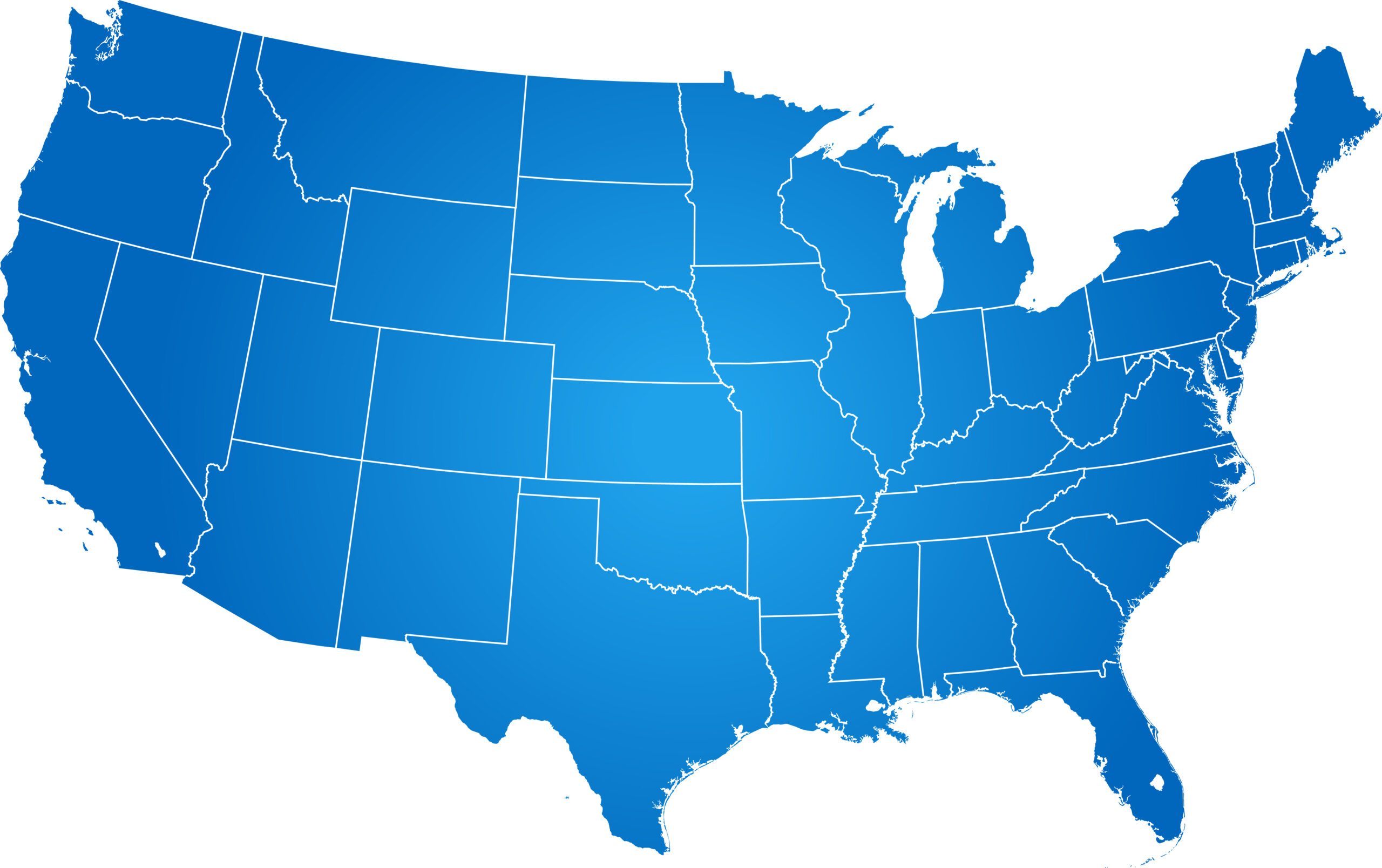Despite warnings, Republicans poised to stick Peach State with steep legal tab for political stunt

Republican lawmakers are about to advance a bill that will waste hundreds of thousands of taxpayer dollars while making the Internet less safe for Georgians. The ‘Common Carrier Non-Discrimination Act,’ which passed in the Senate earlier this month, is part of a broader effort by Republican legislators to punish digital services for enforcing their policies with respect to the social media accounts of former President Trump.
This bill would force digital services to carry all users’ content neutrally, irrespective of what risks that content creates. By doing so, it would put Georgians at greater risk to everything from foreign disinformation and propaganda from Russian agents and extremist content from anti-American jihadists, who, according to the Senate bill, all deserve equal treatment.
This law would bind digital services’ hands, preventing them from standing between American Internet users and the torrent of foreign disinformation, Communist propaganda, and extremism propagated by adversaries abroad. Digital services need the flexibility this law would take away to fight those evolving online threats.
Some Georgia lawmakers appear to believe private businesses have to give access to any speaker. But Internet services have made commitments to their users to try and protect them from certain problematic content, and that is itself a speech interest. A digital service saying “we don’t want to host Nazi Party candidates” is exercising its own First Amendment rights, and Internet users can choose services whose communities and norms best align with their own preferences.
Georgia lawmakers are well aware that government attempts to dictate speech online violate the Constitution. Legal experts have warned that this bill will inevitably face the same legal challenges as similar proposals in neighboring states that were found unconstitutional — and Georgians will be stuck with the legal tab. Over the past year, other states have introduced legislation to impose new rules on private companies’ online content moderation practices, which would limit their ability to remove offensive or harmful content. Next door, Floridians are already paying the price for the “Stop Social Media Censorship Act,” over which the state recently lost a federal court case.
The battle is not yet over, and public records requests reveal that just one Florida state agency has already wasted nearly $700,000 to defend the unconstitutional new law. Before the case is over, Florida taxpayers are almost certain to have lost seven figures to the frivolous political stunt whose only real impact has been to make work for lawyers and get news attention for its sponsors. The same situation is playing out in Texas, where a federal judge recently blocked a similar “anti-censorship” bill from taking effect. The judge concluded that Texas, just like Florida, was unconstitutionally infringing on digital services’ right to exercise editorial discretion in deciding what content was suitable for their communities.
Through a series of hearings on the “Common Carrier Non-Discrimination Act,” Georgia lawmakers have been repeatedly warned that it will face the same fate as proposals in Florida and Texas. However, the bill’s sponsors don’t seem to mind asking their constituents to foot the bill for a political stunt, and they have proven they’re willing to sacrifice user safety to punish perceived political enemies.
In a time of economic uncertainty and geopolitical instability, the last thing Georgians need is officials wasting their tax dollars on ill-conceived laws that would flood their screens with foreign disinformation, propaganda, and extremism. Georgia legislators ought to pull the plug on this proposal.








